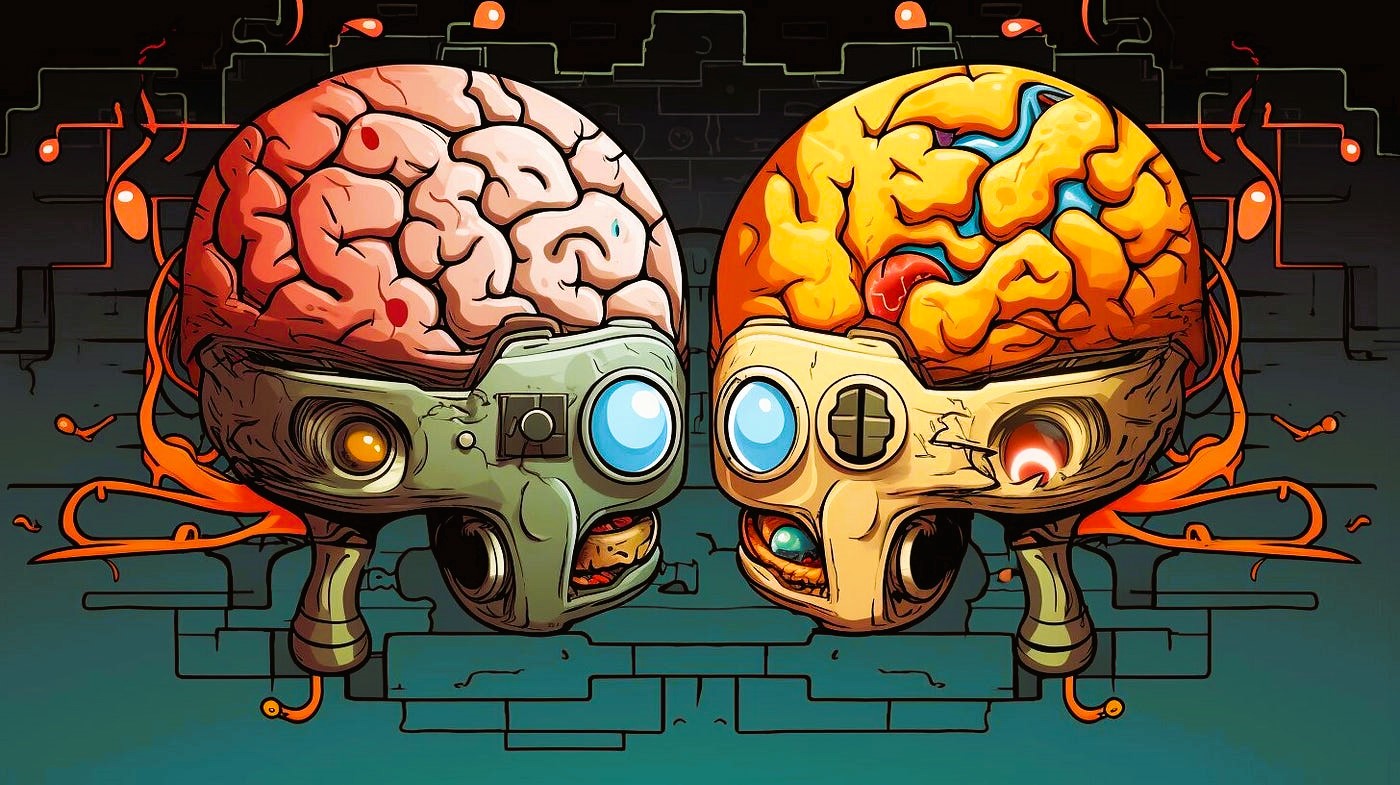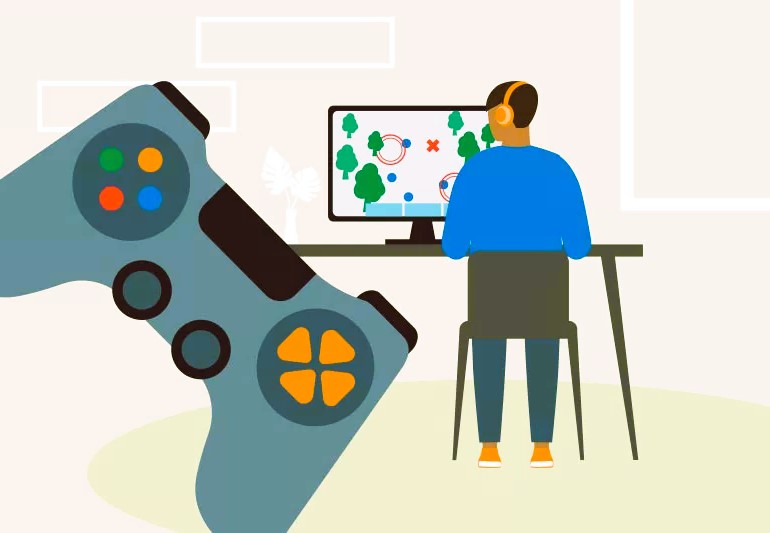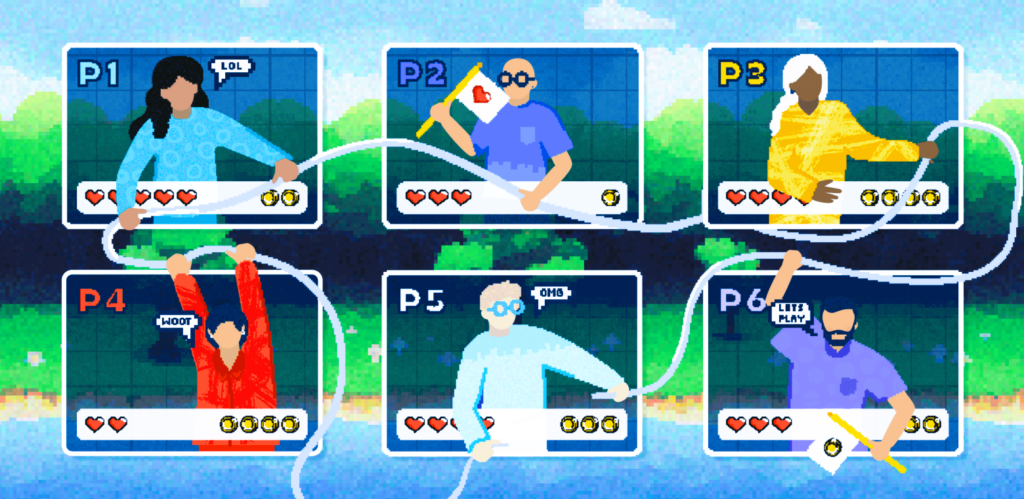
In recent years, there has been a growing interest in exploring the potential benefits of video games beyond mere entertainment. Researchers and educators are increasingly recognizing the cognitive and developmental advantages that gaming can offer, particularly in the realm of planning and navigation skills. Contrary to common misconceptions, video games have the power to cultivate essential cognitive abilities that can translate into real-world success.
The Cognitive Demands of Video Games
At their core, many video games require players to engage in complex planning and navigation tasks. Whether it’s strategizing the next move in a real-time strategy game or navigating intricate levels in a platformer, gamers are constantly exercising their cognitive faculties to achieve their objectives. These mental challenges not only make games enjoyable but also contribute to the development of valuable skills that extend beyond the virtual world.
One of the key cognitive skills honed through gaming is spatial awareness and navigation. Many video games feature expansive virtual environments that players must navigate efficiently to progress through the game. This often involves memorizing maps, identifying landmarks, and making strategic decisions about the best routes to take. As players become more adept at navigating virtual spaces, they inadvertently enhance their spatial cognition, which can prove beneficial in real-world scenarios such as driving, hiking, or even navigating crowded city streets.

Moreover, video games frequently require players to engage in long-term planning and decision-making. Whether it’s managing resources in a simulation game or devising a strategic approach to overcome challenges in an adventure game, players must consider the consequences of their actions and formulate strategies to achieve their goals. This process of planning and problem-solving not only enhances cognitive flexibility but also fosters skills such as critical thinking, decision-making, and goal setting—attributes that are highly valued in academic, professional, and personal contexts. Do you like our article? Read also about Journey into History.
Transferability to Real-World Skills
One of the most compelling aspects of gaming is its potential to facilitate transferability—the application of skills learned in one context to another. Studies have shown that the cognitive skills developed through gaming can indeed transfer to real-world tasks, particularly those related to planning and navigation.
For example, research has demonstrated that individuals who regularly play video games exhibit enhanced spatial cognition and navigational abilities compared to non-gamers. This improvement in spatial skills can manifest in various real-world scenarios, such as reading maps, navigating unfamiliar environments, and even performing tasks that require spatial reasoning, such as assembling furniture or arranging objects in a room.
Furthermore, the planning and decision-making skills cultivated through gaming can have tangible benefits in academic and professional settings. Students who play strategic video games have been shown to exhibit better problem-solving abilities and academic performance, while professionals may leverage their gaming experience to enhance their strategic thinking, time management, and organizational skills in the workplace.
Incorporating Gaming into Education and Training
Given the potential benefits of gaming for skill development, there is increasing interest in leveraging video games as educational tools. Educational games, or “edutainment,” are designed to combine entertainment with learning objectives, providing a platform for students to develop cognitive skills while engaging in enjoyable gameplay.

Additionally, serious games—games specifically designed for training and skill development—are being utilized in various professional fields to enhance job performance and proficiency. From military simulations that train soldiers in strategic planning to flight simulators that help pilots hone their navigation skills, serious games offer a dynamic and immersive learning experience that complements traditional training methods.
Conclusion
In conclusion, video games have emerged as powerful tools for developing planning and navigation skills that are essential for success in the real world. Through engaging gameplay and cognitive challenges, gamers can enhance their spatial awareness, decision-making, and problem-solving abilities, all of which have practical applications in academic, professional, and personal domains. As we continue to explore the potential of gaming for skill development, it’s evident that the virtual worlds of video games have much to offer in preparing individuals for the challenges of navigating and planning in the real world.
For more information on the cognitive benefits of gaming and its applications in education and training, visit IGN.com.
